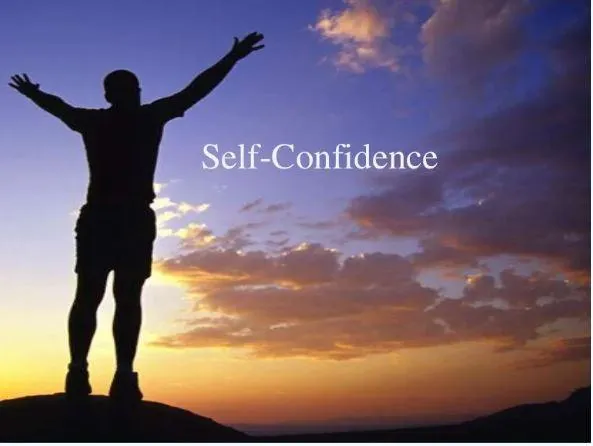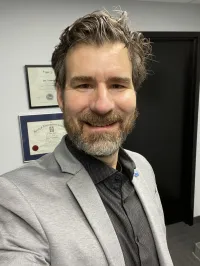
Self Confidence
"IF YOU HEAR A VOICE WITHIN YOU SAYING, ‘YOU CAN NOT PAINT,’ THEN BY ALL MEANS PAINT AND THAT VOICE WILL BE SILENCED.” — VINCENT VAN GOGH
Entrepreneurial journeys so often test our self-confidence, I mean it’s practically perfectly set up to test self, and every other confidence!
One thing that often comes up is that people don’t want to be seen as cocky or superior. I can assure you, that’s a very remote possibility with the entrepreneurs I work with.
When we’ve been brought up to believe that being humble is a virtue, it can be a headwind on our journey to self-assurance. How do we move towards self-confidence when we see the attributes of self-confidence as the ‘less-than-desirable’ bravado and flashy?
How do we say good, true things about ourselves (like, “I am a good teacher”) when it feels like that is putting ourselves above others, or worse, putting others down? How do we become confident in our abilities, advocate for ourselves, and even, for entrepreneurs, sell ourselves, when we can’t even say what we’re good at out loud?
How does self-confidence work when you are wrong? Are self-confident people allowed to be wrong? Are we allowed to share our opinions when we’re not 100% confident we’re right? How do we love ourselves and remain confident in our abilities when we fail? How do we not take a small sample size of people who have said no and decide whether to adjust or stick with what we know is a valuable product or service offering?
Self-confidence is often at the root of what is holding us back from our true potential. But it’s not actually self-confidence that we want, it’s what we perceive self-confidence will bring us; a date, a sale for our business, a promotion, or a new job. What do you want self-confidence for?
In this series on self-confidence. I’ll do my best to answer the following questions:
1. How do we move towards self-confidence when we see the attributes of self-confidence as the less-than-desirable ‘bravado’ and ‘flashy’?
2. When we’ve been brought up to believe that being humble is a virtue, how do we do self-absurdness?
3. How do we say good, true things about ourselves (like, “I am a good teacher”) when it feels like that is putting ourselves above others, or worse, putting others down?
4. How do we become confident in our abilities, advocate for ourselves, and even, for entrepreneurs, sell ourselves, when we can’t say what we’re good at out loud?
5. How does self-confidence work when you are wrong? Are self-confident people allowed to be wrong?
6. Are we allowed to share our opinion when we’re not 100% confident we’re right?
7. How do we love ourselves and remain confident in our abilities when we fail?
8. How do we not take a small sample size of people who have said no and decide whether to adjust or stick with what we know is a valuable product or service offering?
9. Do we wait for confidence or can we move forward without full confidence? With trust in our abilities that everything will work out?
10. How do we discern when a lack of confidence is a sign more preparation is needed and when it’s just nerves?
Today let’s tackle the first question. How do we work towards confidence without straying into overconfidence? Here’s an example of the difference:
Confidence: I’ll prepare for the speech and deliver it well
Overconfidence: I’ll be great and don’t need to prepare
Bravado: I’m the best speaker and the audience will be blown away by my awesomeness
Think about the situation you’re wanting confidence for and write down what confidence, overconfidence, and flashy bravado look like. Have you prepared appropriately? What would an appropriate level of performance at this task look like? How would you support your best friend to achieve this level of performance? Give yourself that same level of support and understanding.
Stick around for more!
360 COACHING GROUP



